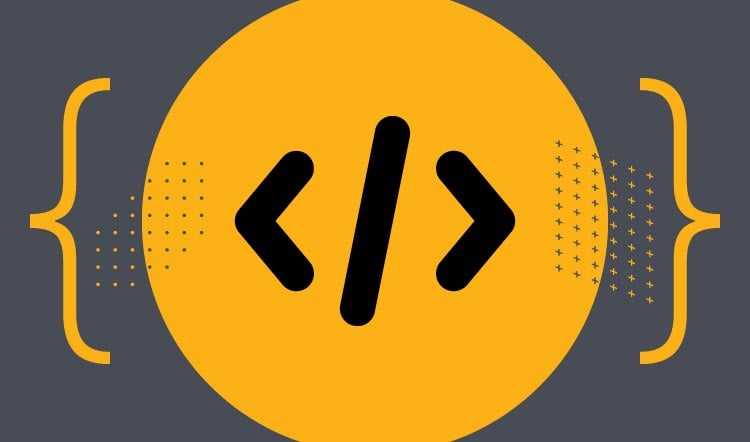The U.S. Federal Communication Commission's proposal to end Obama-era net neutrality protections will prove harmful to U.S. businesses and consumers if it becomes a reality, Carbonite executives said Tuesday.
Carbonite and many other tech industry companies say an end to net neutrality will give U.S. telecom giants free reign to slow down or block access to websites of their choosing, and to charge consumers extra fees for high quality streaming and other online services. FCC Chairman Ajit Pai announced the proposal Tuesday afternoon.
"This move by Chairman Pai, former in-house counsel at Verizon, hands a win to broadband companies such as AT&T, Verizon and Comcast," said Danielle Sheer, Carbonite vice president and general counsel. "Pai said his proposal would prevent the government from 'micromanaging the internet.' Put a more honest way, repealing net neutrality allows cable companies to slice and dice internet access to maximize their profits at our financial expense, and to track and sell all of our web browsing activity to the highest bidder at the expense of our privacy."
Net neutrality rules encourage innovation and entrepreneurship by ensuring that the internet remains a level playing field, Sheer continued. An end to net neutrality rules could also harm U.S. tech companies, especially those who sell products that compete with those of large internet providers.
"Today, Chairman Pai put the fox in charge of the hen house," Sheer said, "and we are all the hens."
The plan to end net neutrality is at the heart of U.S. President Donald J. Trump's deregulatory agenda. The proposal will reverse the commission's 2015 declaration that the internet is as essential as water, electricity and other public utilities. That declaration served as the legal foundation for the Obama administration's net neutrality rules, which are now facing extinction.
"Today, I’m proposing to repeal the heavy-handed internet regulations imposed by the Obama Administration and to return to the light-touch framework under which the internet developed and thrived before 2015," Pai said in a Tuesday tweet.
Tech leaders, celebrities and other prominent public figures also took to Twitter yesterday, many to express their opposition to the proposal.
"Once again, the Trump administration sides with big money and against democracy," U.S. Sen. Bernie Sanders of Vermont tweeted. "If this passes, the internet and its free exchange of information as we have come to know it will cease to exist."










